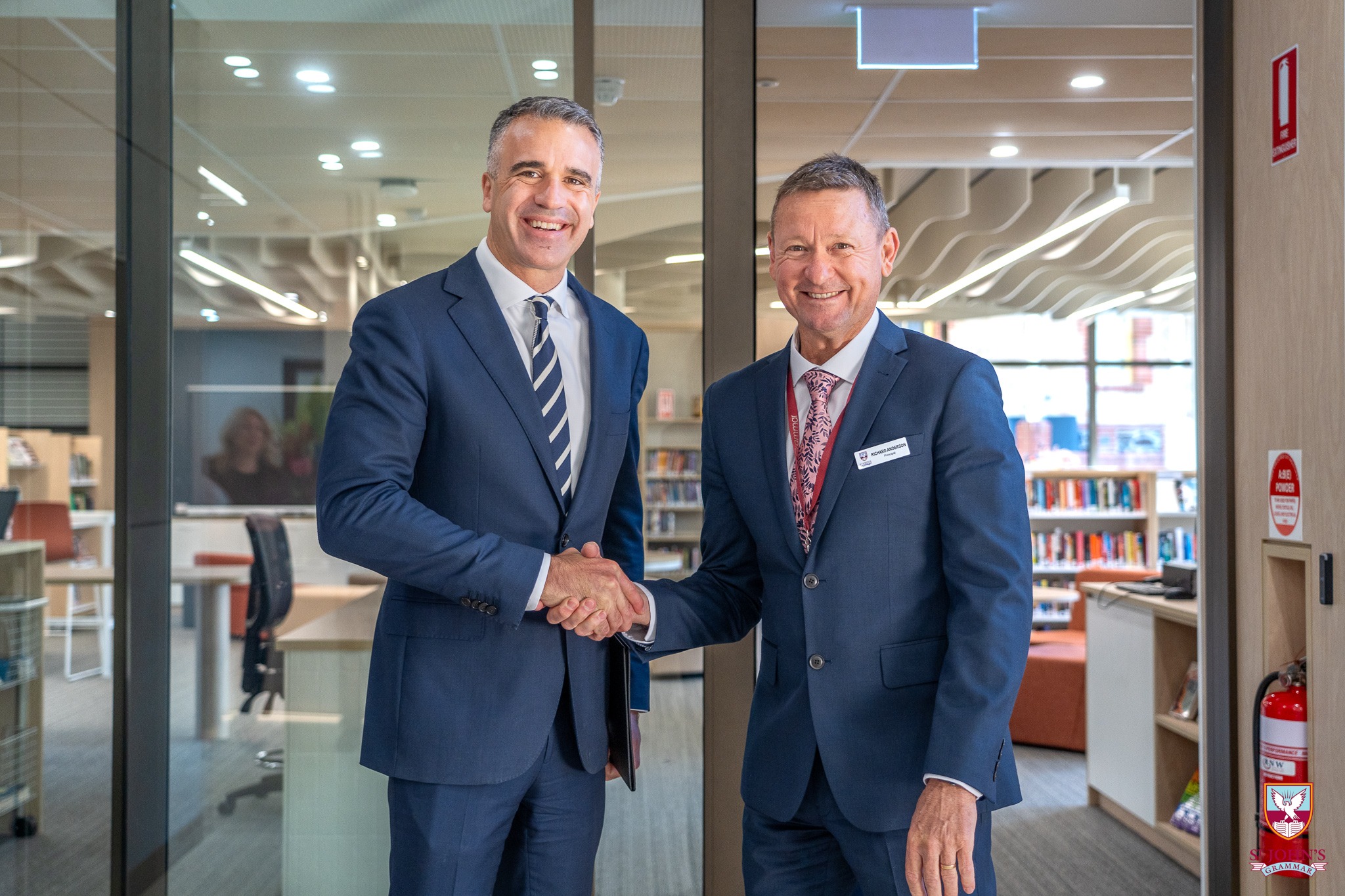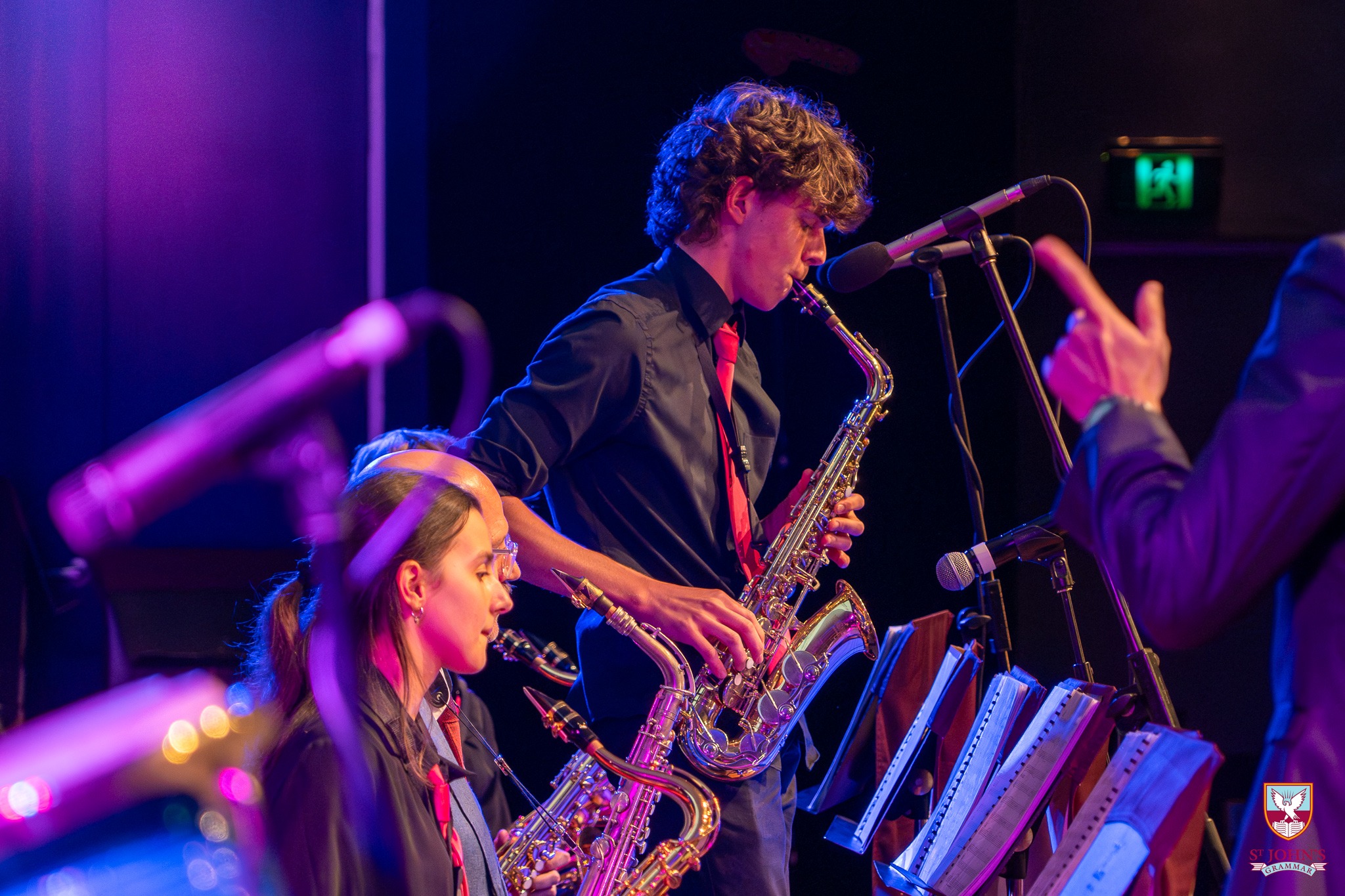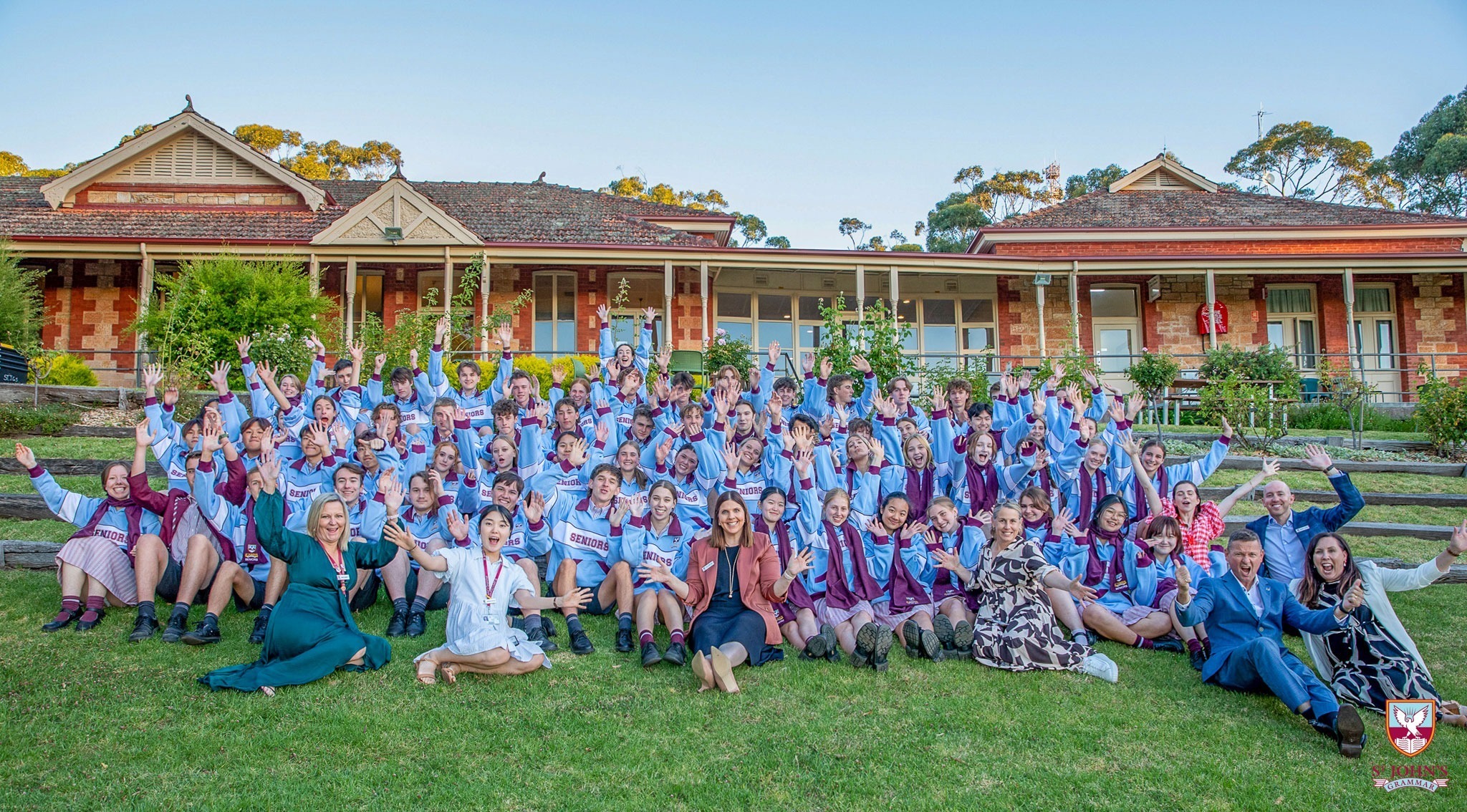Reception
St John's Grammar
Reception overview
Through our theme of connect, create and challenge, which is threaded throughout Junior School learning, Reception students at St John’s Grammar School learn to soar through inquiry-based learning, discovery, creativity and co-curricular opportunities. We offer smaller-sized, single year level classes with dedicated, Home Group teachers to ensure individual attention.
With two Reception entry points in Term 1 and Mid-Year, we ensure a supported and inclusive transition for students as they begin their Junior School journey.
Throughout the year, a formal buddy program sees the Receptions partnered with Year 3 or 4 buddies, who support them through a new world of learning and discovery.
Using educational theories and practices, such as Edward de Bono’s six hat thinking model, our highly qualified and experienced teachers show students how to think about and solve problems, developing skills in lifelong learning. St John’s Grammar School offers differentiated programs and workshops based on ability, with Student Services Officer support to ensure each child has an opportunity to learn at their pace and achieve success.
The use of iPads supports students in their learning for phonics, reading, Maths and writing. Classrooms are also equipped with interactive whiteboards.
Our Junior School connects with our families and community by using technology, such as Seesaw to showcase and share student work and achievement, and our Receptions have a number of unique signature experiences to provide a rounded educational journey.
Structured, natural inquiry with Belair National Park
With our campus adjacent to Belair National Park, a structured natural inquiry program sees our Receptions have one session per week at Belair National Park. This opportunity to learn in the Park adds a richness to our learning by providing unparalleled opportunities for children to learn; not only from an Environmental Science perspective through observing seasons, lifecycles, landscapes and habitats but also opportunities for calculated risk taking and resilience as they play amongst the natural environment.
As a signature experience in Reception, our students partner with Green Adelaide and Belair National Park rangers to collect seeds to propagate for revegetation of an area of the Park.
Fundraising and learning
Learning in the community is at the forefront of the Reception journey with students undertaking excursions to the Adelaide Central Market, Bonython Park, Migration Museum, South Australian Museum, Mitcham Shopping Centre and Mitcham Library.
As part of a social conscience initiative, our Receptions work together to raise funds for charity to fulfil the service component of the CARES Program (Courtesy, Awareness, Responsibility, Empathy, Service). By providing services to help their family and community, students raise funds while simultaneously learning about a local charity and how it positively impacts the lives of others.
Opportunities to move and play
Receptions enjoy a dedicated Swimming Week at the SA Aquatic & Leisure Centre at Marion. This week focuses on safety around pools and water and teaches students basic swimming skills.
The Junior Primary Fun Day sees the Receptions join their peers for a day of exploration, play and fun at Belair National Park at the end of Term 1 and 3. This special day provides unique opportunities for calculated risk taking and resilience as they play amongst the natural environment.
With two Reception entry points in Term 1 and Mid-Year, we ensure a supported and inclusive transition for students as they begin their Junior School journey.
Those entering Mid-Year will complete 6 terms (a year and a half) of Reception.
Throughout the year, a formal buddy program sees the Receptions partnered with Year 3 or 4 buddies, who support them through a new world of learning and discovery.


